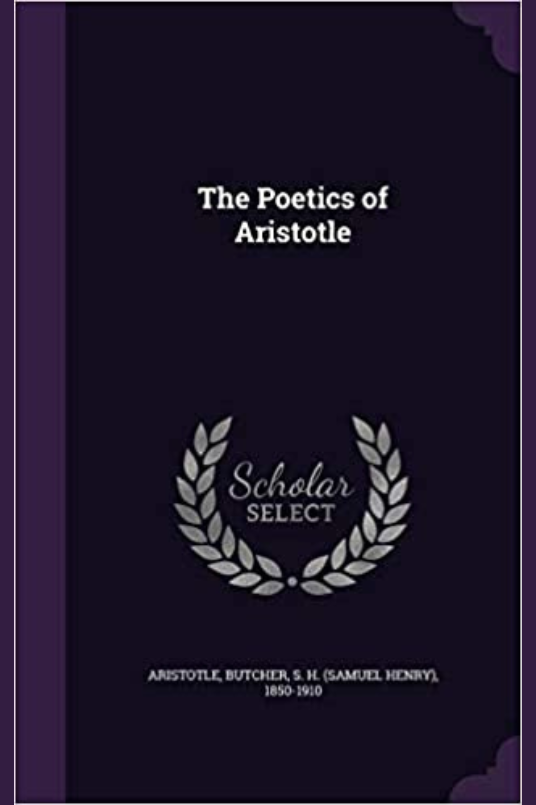It’s a short masterclass on the history of storytelling and how to share a message with an audience.
Flow: 5/5
Actionability: 5/5
Mindset: 5/5
Some of My Highlights:
“…it follows that we must represent men either as better than in real life, or as worse, or as they are.”
“The same distinction marks off Tragedy from Comedy; for Comedy aims at representing men as worse, Tragedy as better than in actual life.”
“First, the instinct of imitation is implanted in man from childhood…”
“The cause of this again is, that to learn gives the liveliest pleasure, not only to philosophers but to men in general;”
“Imitation, then, is one instinct of our nature.”
“Be that as it may, Tragedy – and also Comedy – was the first mere improvisation.”
“Comedy is, as we have said, an imitation of characters of a lower type,-not, however, in the full sense of the word bad, the Ludicrous being merely a subdivision of the ugly.”
“As for the plot, it came originally from Sicily; but of Athenian writers Crates was the first who, abandoning the ‘iambic’ or lampooning form, generalised his themes and plots.”
“All the elements of an Epic poem are found in Tragedy, but the element of a Tragedy are not all found in the Epic poem.”
“Tragedy, then, is an imitation of an action that is serious, complete, and of a certain magnitude; in language embellished with each kind of artistic ornament, the several kinds being found in separate parts of the play; in the form of action, not of narrative; though pity and fear effecting the proper purgation of these emotions.”
“…thought and character- are the two natural causes from which actions spring, and on actions again all success of failure depends.”
“…for by plot I here mean the arrangement of the incidents.”
“For Tragedy is an imitation, not of men, but of action and of life.”
“…character comes in as subsidiary to the actions.”
“…without action there cannot be a tragedy.”
“Character is that which reveals moral purpose, showing what kind of things a man chooses or avoids.”
“A whole is that which has a beginning, a middle, and an end.”
“A well constructed plot, therefore, must neither begin nor end at haphazard, but conform to these principles.”
“Again, a beautiful object, whether it be a living organism or any whole composed of parts, must not only have an orderly arrangement of parts, but must also be of a certain magnitude; for beauty depend on magnitude and order.”
